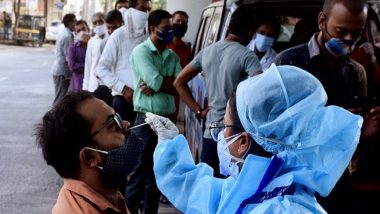Jodhpur, January 28: Researchers at the Indian Institutes of Technology Jodhpur (IIT-J) have developed an Artificial Intelligence (AI) based chest X-Ray technique for COVID-19A screening. The team proposed a deep learning-based algorithm called COMiT-Net, which learns the abnormalities present in the chest X-Ray images to differentiate between a Covid affected lung and a non-Covid affected lung. COVID-19 Vaccine Update: Bharat Biotech Gets DCGI Approval For Intranasal Booster Dose Trials.
The experiment was performed with more than 2,500 chest X-Ray images and achieved about 96.80 per cent sensitivity. The AI algorithm not only predicts whether a person has Covid-19 pneumonia, but it is also capable of identifying the infected regions in the lungs, thus making them explainable. The new technique can visually showcase the region which is infected. It interprets only from the lung region.
The AI solution used in this research is explainable from both algorithmic and medical points of view. The team has detailed the technique in a research paper published in the journal Pattern Recognition (Volume 122). With the increasing number of Covid-19 cases across various waves around the globe, countries have faced challenges with limited availability of testing kits and processing centres in remote areas. This has been the key motivation for researchers to find alternate methods of testing which are reliable, easily accessible, and faster. COVID-19 Vaccine Update: Covishield, Covaxin Granted Conditional Market Approval By DCGI.
Recently, Scottish researchers also developed an AI-based X-Ray technique that can likely replace the currently used PCR tests for detecting Covid infections. The technology developed by the experts at the University of the West of Scotland (UWS) was found capable of accurately diagnosing Covid-19 in just a few minutes -- far more quickly than a PCR test, which typically takes around 2 hours -- and with 98 per cent accuracy.
"Covid-19 symptoms are not visible in X-rays during the early stages of infection, so it is important to note that the technology cannot fully replace PCR tests," said Naeem Ramzan from the UWS. "However, it can still play an important role in curtailing the viruses spread, especially when PCR tests are not readily available," Ramzan added.
(The above story first appeared on LatestLY on Jan 28, 2022 04:51 PM IST. For more news and updates on politics, world, sports, entertainment and lifestyle, log on to our website latestly.com).




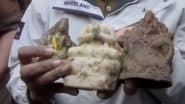


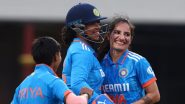
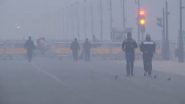

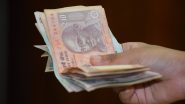
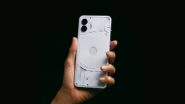

 Quickly
Quickly








